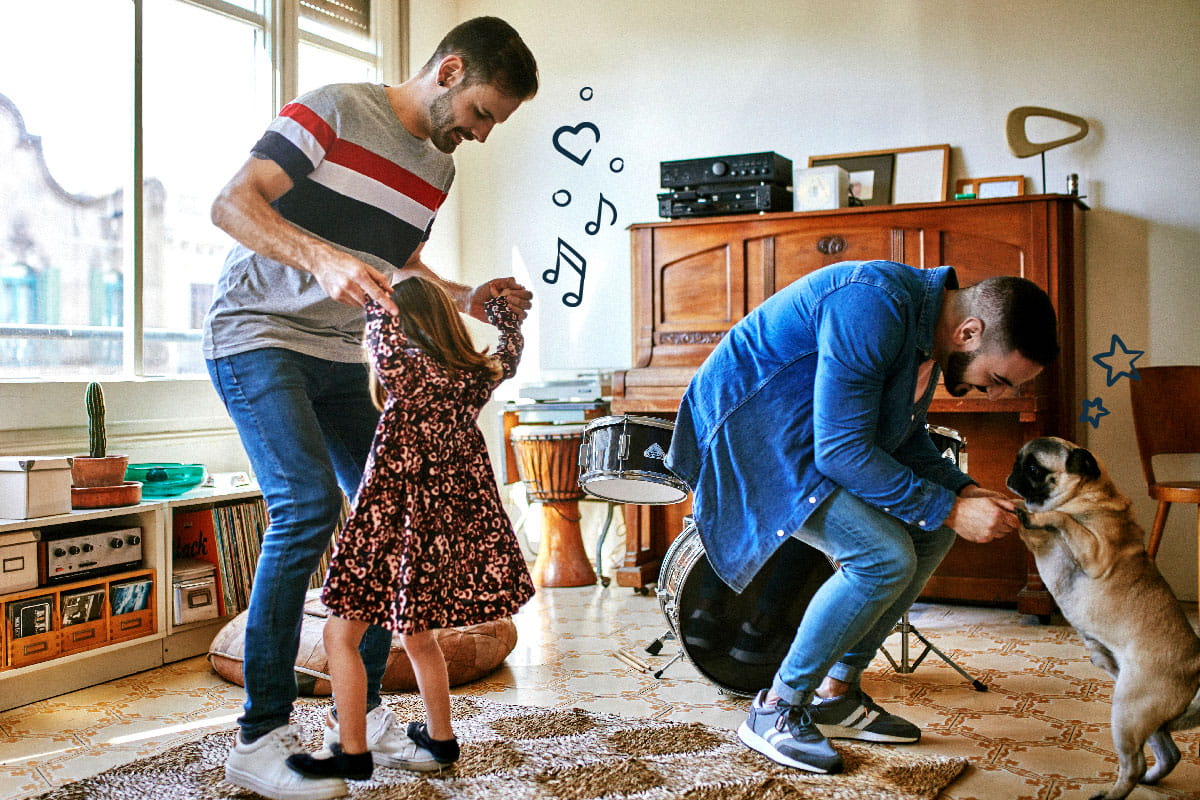What Is Social and Emotional Development?

Social-emotional learning (SEL) is the process children go through in learning how to apply their new knowledge and skills to navigate their emotions, relationships, and interactions. These skills are imperative to a child’s development and long-term mental health, becoming their compass for building a strong relationship with themselves and others.
How social skills develop early in life
From their earliest days of life, children are learning about who they are and how to navigate their environment. In infancy, they learn many of these building blocks through their relationships with trusted caregivers. These relationships established early in a child’s life provide the secure foundation from which they may venture out to discover, learn, and develop self-confidence, knowing a safe harbor is nearby.
As they move into early childhood, children’s social skills develop rapidly. Early learning classrooms become an ideal place for children to learn about relationships, belonging, empathy, and how to be a constructive member of a community. Their environments should reflect their community and the world around them.
Prosocial behavior and play will support their understanding of roles, rights, and problem-solving—all important components of social skills. The development of basic social skills in the early years of life is critical to your child’s ability to respond to ongoing experiences in socially acceptable and flexible ways. Research has shown a strong connection between social and emotional skills and future outcomes in education, employment, mental health, and overall wellness (Damon E. Jones, Ph.D., 2015).
How emotional skills develop early in life
The first five years of a child’s life are critical to the foundations of their emotional skills. They will begin to answer the question “Who am I?” as they begin to understand their own individuality. They will also develop understandings of their values, skills, and attributes that define them and make up their self-identity.
Families, educators, and caregivers can channel the optimism most children typically have about their abilities to encourage a positive self-concept. Doing so will have a positive influence on their confidence, learning, and relationships. It will also help them learn how to manage their big emotions in appropriate ways. All these factors come together to help them navigate and interact with their world in meaningful and productive ways, helping them contribute to their community and relationships.




.jpg?la=en&h=800&w=1200&hash=799F5BD6E84A71FB0D1C8E657FE7F226)
